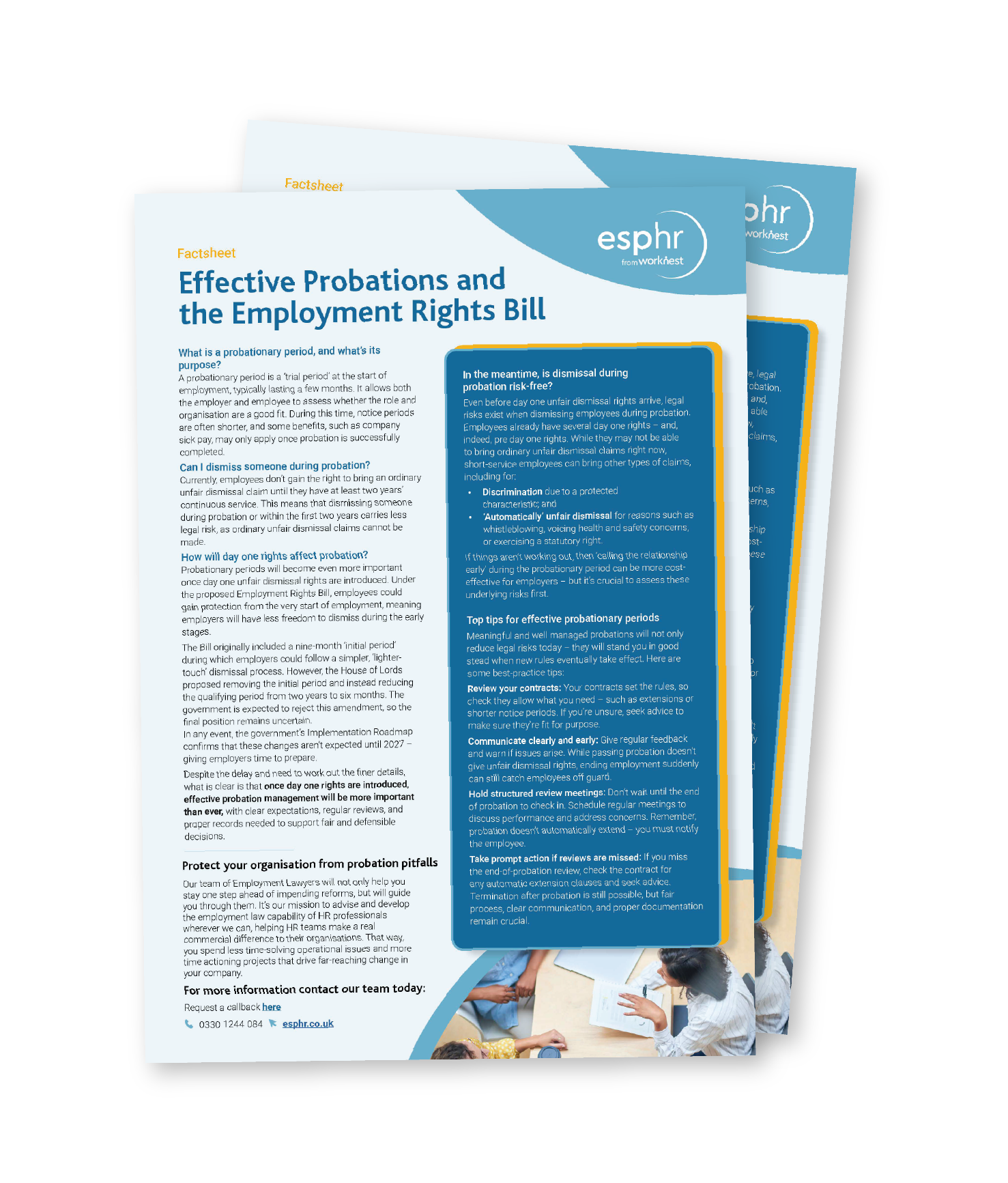Recent research explored in our latest whitepaper ‘Middle Managers Matter’, highlighted a disparity in confidence levels among senior managers in older age brackets when it comes to having sensitive conversations in the workplace. This theme was explored further among a panel of ER and employment law experts in a webinar in conjunction with HR Grapevine.
In this blog, we outline some of the key takeaways from the discussion and explore strategies that organisations can adopt to empower managers to have open and effective conversations.
Understanding the Confidence Gap
According to our research, which surveyed over 700 line managers and 500 HR professionals spanning 11 industries, seniority and age play significant roles in influencing line managers’ confidence levels in discussing sensitive issues such as gender identity, neurodiversity, menopause, and disability with team members. Our findings indicated that confidence tends to decrease with higher seniority and age, as junior counterparts feel more confident in holding these discussions.
Regarding the older age groups, one potential explanation for this trend could be attributed to societal norms and cultural upbringing. Topics related to diversity and inclusion might not have been openly discussed during the early stages of their careers, leading to a lack of exposure and familiarity. They might have a vague awareness, possibly through family members or their exposure to social media, that these topics exist, however, they likely haven’t engaged with these subjects as deeply as those who have learned about them through peer groups, particularly the younger generation. This knowledge gap can contribute to their uneasiness in initiating such conversations with their teams.
Another possibility is that more senior managers are often the ones dealing with issues that escalate to higher levels, which weren’t resolved further down the chain. This could lead to them grappling with more challenging and intricate matters, and therefore could also contribute to their diminished confidence.
It’s important to note that the findings also revealed that line managers within these cohorts were less likely to have their management skills assessed during the recruitment stage, or receive training in the onboarding process, so to address these gaps, it’s crucial to provide customised education and training programmes.
Strategies to Boost Confidence
Empowering line managers to feel confident in navigating sensitive conversations requires a multi-faceted approach. Organisations could consider implementing the following strategies to address this issue:
- Education and Awareness: Provide training programmes and workshops that raise awareness of diversity and inclusion issues, focusing on sensitivity training and the significance of open conversations. By equipping managers with the necessary knowledge, they can feel more confident in engaging in such discussions.
- Reverse Mentoring: Encourage reverse mentoring initiatives, where younger and junior employees mentor senior managers on emerging issues and contemporary perspectives. This fosters mutual understanding and provides senior managers with insights into the challenges faced by their younger counterparts.
- Encourage Questions and Active Listening: Emphasise the importance of asking questions to understand an individual’s unique experiences and challenges better. Active listening skills can lead to more empathetic and constructive conversations, facilitating a supportive work environment.
- Promote Inclusivity at the Top: Ensure that discussions around diversity and inclusion happen at all levels of the organisation, including leadership. This creates a top-down approach to fostering a culture of open communication and inclusivity.
- Tailored Learning Programmes: Customise learning and development initiatives to address specific generational needs and sensitivities. Avoid stereotypes while focusing on age-related differences that can impact managers’ confidence in addressing sensitive topics.
Navigating sensitive conversations around diversity, inclusion, and other emerging issues is crucial for organisations seeking to foster an inclusive and supportive work environment.
During the webinar, we ran a poll which revealed that 76% of respondents believed that employee attrition could be attributed to the challenges faced by line managers in recognising and addressing the support requirements of their team during difficult life events, such as the loss of a loved one, severe illness, menopause or fertility treatment. The results tell us that implementing the correct training programmes for managers and harnessing, a culture of understanding and empathy will ultimately benefit employees at all levels and contribute to the organisation’s overall success.
You can watch the on-demand webinar, which sheds light on the confidence gap experienced by senior managers and older employees when dealing with sensitive topics, here.





